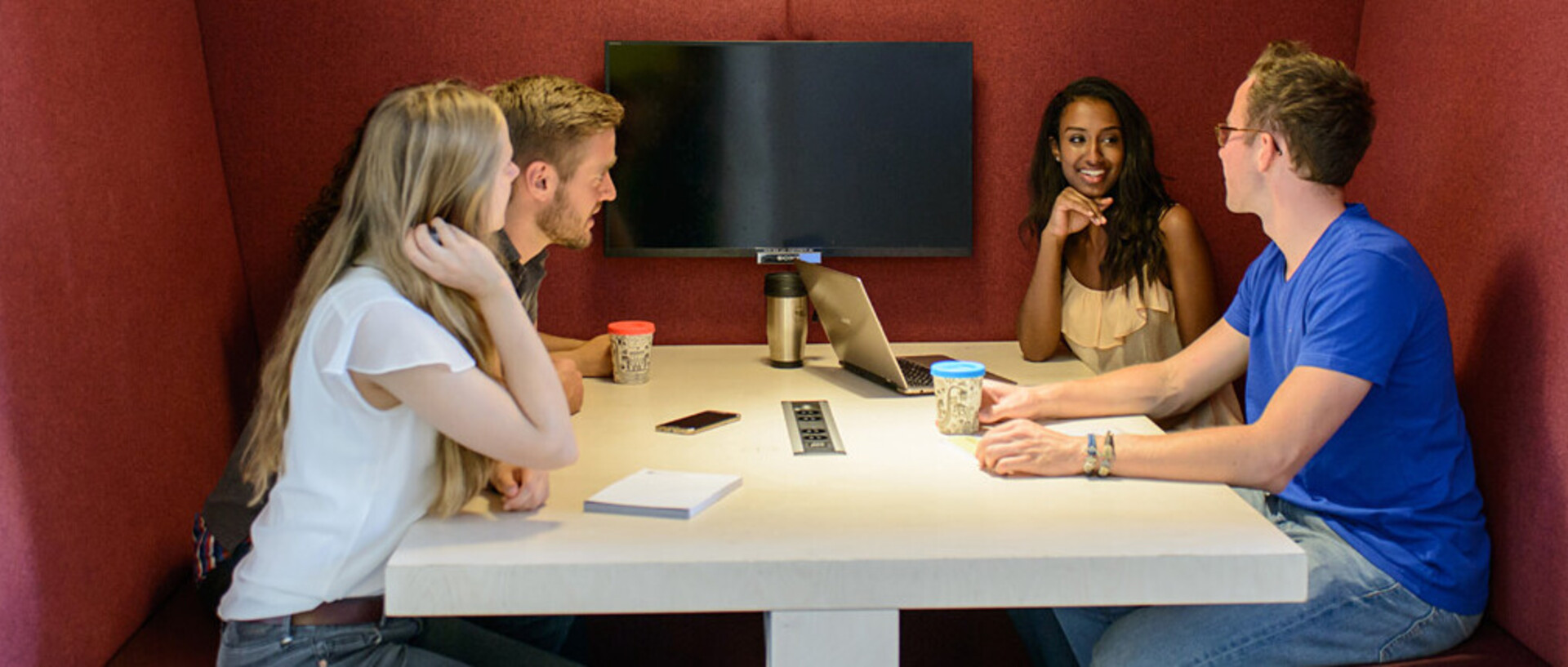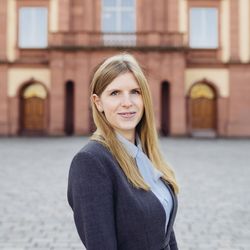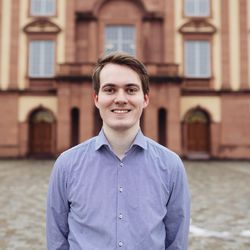Master's Program in Language and Communication
Program facts and information
Degree: Master of Arts (M.A.)
Standard period of study: 4 semesters (2 years)
ECTS credits: approx. 120
Language of instruction: German, English
Language requirements: German, English; for further information see “Admission requirements and selection”
Program start: Fall semester (September)
Academic calendarSchool: School of Humanities
Semester fee: EUR 194 (more information)
Tuition fees for international students from non-EU countries: EUR 1,500
Tuition fees for a second degree: EUR 650Program overview
The master's program in Language and Communication is an interdisciplinary program based on a bachelor’s degree in linguistics. The core of the program is a three-semester project module. In this module, you will develop an individual research project in close cooperation with your supervisor, the implementation of which you will then present and, if appropriate, even publish.
In addition, you will deepen your specialist knowledge in four advanced modules on linguistic methodology, linguistic theories, language acquisition and multilingualism research as well as interaction and text. You can choose the courses according to your interests. It is also possible to focus on specific linguistic areas. For example, the majority of courses can be taken either in English and American Studies, German Studies or Romance Studies.
In addition, students can choose their own specializations in mandatory elective courses. This enables them to acquire interdisciplinary competencies in the fields of media and communication studies, psychology, language competence or other linguistic fields.
Why study Language and Communication at the University of Mannheim?
The master's program in Language and Communication offers students the unique opportunity to independently carry out an individual research project, starting with its conception right through to the presentation of results. Not only do they benefit from the close supervision of university teachers, but they also acquire basic skills that may be decisive for their future jobs when it comes to working on projects.
The Humanities at the University of Mannheim have an excellent reputation in Germany (take a look at the rankings). With 450 partner universities, and students from 100 countries, Mannheim is one of the most international universities in the country, and provides students with an inspiring learning environment that facilitates excellent teaching and research.
Career opportunities
The master’s program in Language and Communication ensures that students are ideally prepared, both in terms of content and methodology, to begin an academic career in the field of linguistics.
Thanks to the specialist, methodological and personal skills that our students acquire through their project work, in particular, they also qualify for jobs in non-scientific fields of activity. Our graduates work, for example, in corporate communications, market and opinion research, PR, marketing, terminology management and corporate language management, consulting, project management and public relations.
Required interests and skills
Students of the master’s program in Language and Communication should
- have a sound grasp of the linguistic and methodical basics,
- have a pronounced interest in linguistic topics,
- be able of critical and interdisciplinary thinking,
- have a high level of motivation and willingness to work independently and in projects and research groups.
Program structure
Module catalog
You can find further details on how the program is structured in the module catalog.Studying abroad
The School of Humanities is partners with 140 universities around the world. In collaboration with the International Office, the school can help you plan a period of study abroad. In the master's program in Language and Communication, studying abroad is optional.
Internships
Completing an internship during the master’s program in Language and Communication is optional. If you would like to do a voluntary internship, the School of Humanities will be happy to assist you with the organization.Continuing Education
Certificate programs
Strengthen your potential, deepen your knowledge, find solutions for challenges we will face tomorrow – there are many good reasons to think outside the box, get to know and try out new things even during your studies.At the University of Mannheim, you can do this in the “Studium Oecologicum” which focuses on sustainability. In our certificate program, you will acquire interdisciplinary expert knowledge which can help you to act ethically and to make holistic decisions.
Language courses
Making language learning easier: No matter if you want to learn Japanese, Hebrew, Spanish or Norwegian, take the Graduate Record Examination Test (GRE), The European Language Certificates (telc) or the TOEFL test – each semester, the University of Mannheim offers language courses and language certificates in more than 16 languages for students and non-university members, online and on campus!Studium Generale
Are you interested in IT or communication trainings or theater, music, or drawing courses? Studium Generale has a vast range of courses available to all.Doctorates
Successful graduates of the master’s program in Language and Communication can pursue a doctorate at the School of Humanities.
Doctoral programs and opportunities at the School of Humanities
General information on doctoral studies at the University of MannheimAdmission requirements and selection
In our selection process, we take numerous criteria into account. For more details, please check the selection statutes (see below). Be bold! Please do not hesitate to contact us if you need advice. We are looking forward to receiving your application!
Admission requirements
If you have not yet completed your bachelor’s degree, you may still apply for a master’s program as long as will provide a proof that you have obtained at least 135 ECTS credits.
- Completion of a linguistic or philological bachelor’s program in English/
American Studies, German Studies or Romance Studies or a program recognized as equivalent, completed with a grade of “good” or better (equivalent to the German grade of 2.5) at a German higher education institution or abroad (also Berufsakademie), corresponding to at least 180 ECTS credits or a regular period of study of three years - Proven proficiency in English (Level B2)
- Proof of proficiency in German
Selection criteria
- The final grade or – for students still completing their degree – the grade average of the bachelor’s program
- The average grade of the linguistic part of the bachelor's program, weighted according to ECTS credits
- Letter of motivation in German (500 word maximum):
- Motivation for the chosen master’s program in Culture and Communication
- Reasons for selecting the Master's Program at the University of Mannheim
- Areas you want to focus on during your master’s program
- Professional aims
- Relevance of the completed bachelor's program
- Relevant professional activities (vocational training, work experience, internships)
- Relevant stays abroad lasting several months
- Relevant achievements (awards, scientific publications, talks at conferences or scholarships)
Selection statutes
Under “Admission requirements and selection” we have compiled the most important selection criteria of the program for you. For more detailed explanations of the selection process and the legally binding requirements of the degree program, please refer to the selection statutes.- Completion of a linguistic or philological bachelor’s program in English/
Application
Scholarships and funding
The university offers various funding opportunities. Around 200 Mannheim students receive scholarships every year, which are intended to give them the freedom to focus on their academic achievements or to continue their voluntary work alongside their studies. Find out more about the funding opportunities and feel free to apply, for example, for the Deutschland Scholarship, the Opportunity Mannheim Scholarship or the Elite Sports Scholarship Rhine-Neckar Metropolitan Region.Funding opportunities for international degree-seeking students
Application deadline
The application deadline for fall semesters starts on 1 April and ends on 31 May.It is not possible to apply for the spring semester.
Contact
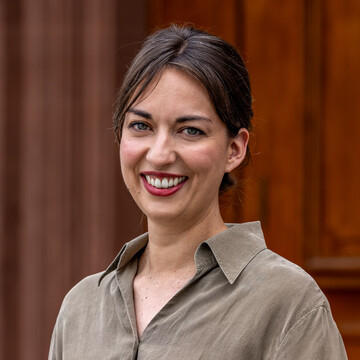
Aline Schmidt
School of Humanities
Schloss – Room EO 287
68161 Mannheim
Wed 10am-noon – online and in person consultation hours
Please book an appointment via https://www.phil.uni-mannheim.de/en/consultation-hours-masters-programs/
During the semester additional drop-in consultation hours in EO 287, Tue 10am–noon
Individual appointments via email.
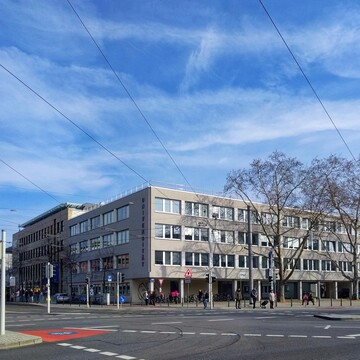
Admissions Office
L 1, 1 – Room 157, 158
68161 Mannheim
